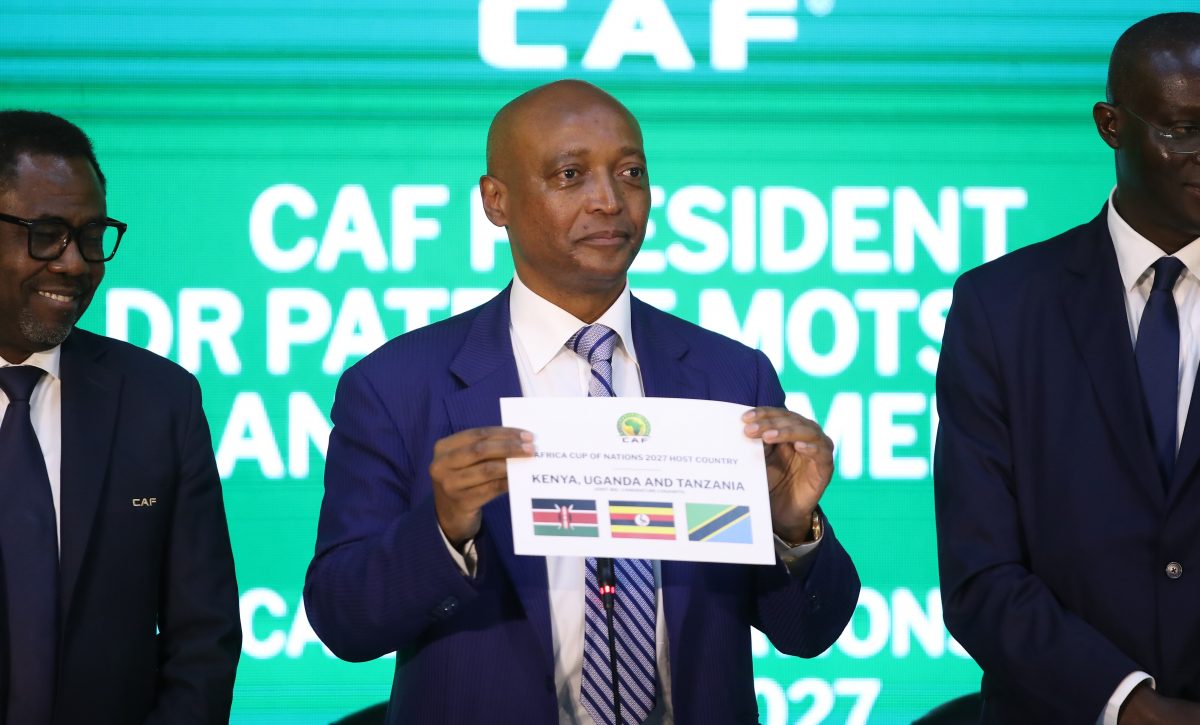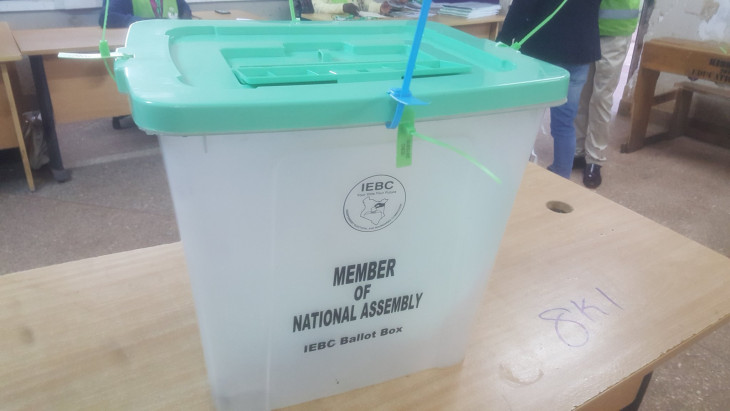Inequality is a human rights problem, tackle it as such
Reducing inequality is not only an economic and moral imperative but also a human rights issue.
There is a direct link between poverty and vulnerability to human rights abuses, which is compounded by lack of access to justice given that justice comes at a cost.
In the same vein, the poor are more likely to suffer from violence and other forms of abuse in their quest to earn a living or simply provide food for their dependants.
The risks they face, in my view, are much higher compared to their middle class and wealthy counterparts.
One key reason why we as a country should put in place policies and strategies to reduce inequality is that unless it is tackled consistently and deliberately, it is more likely to be generational.
Children of the poor will remain poor – and vulnerable to human rights abuses – unless they benefit from interventions that put them on a path of social and economic progress. One such intervention is access to education.
Indeed, education is itself a human right, going by the importance it has been accorded in our Bill of Rights.
Ignorance, unfortunately, is one weakness that exposes young people, for instance, to such abuses as sexual exploitation, not to mention poor pay in difficult working environments.
According to Angus Deaton, the Nobel Prize winning economist, children of poorly educated parents also suffer the double jeopardy of malnourishment and poor access to education.
In places like Kenya, this means that children of the poor are more likely than not to miss out, say on police or military recruitment, because malnourishment in childhood conspires to make them shorter compared to their better fed age mates.
That means children of the poor will be routinely locked out of low level opportunities that do not require high academic competence, such as entry level jobs in security services.
Inequality also has a direct bearing on the nature of health challenges that poor people are exposed to.
Far too often, crimes like knife attacks are more likely to affect the poor because they live in badly lit and less policed neighbourhoods.
Their children are also more vulnerable to diarrheal and respiratory diseases, and where cost of treatment exceeds family income, these can be life-threatening conditions. Yet, this should not be the case in a more egalitarian society.
Again, the Constitution recognises access to health as a basic right, but like with education, hidden costs – like time – conspire to keep poor families from enjoying quality health or education services.
The jobs that the poor engage in require them to be physically present for them to make a living.
A construction worker for instance, would have to choose between earning that day’s wage or foregoing it to take a sick child to hospital.
Whatever choice he makes will have far-reaching consequences. If he does not make money that day, his family will have to forego a meal at some point.
If he fails to take his child to hospital, his condition will only get worse and require more costly interventions at a later date.
These challenges make inequality both a major challenge at individual level, as well as an inescapable component of public policy interventions. This becomes more critical in times like we are in, when the global pandemic has severely eroded incomes.
Unfortunately, it has also expanded the inequality gap with some surveys released recently showing that the wealthy have grown richer and the poor poorer during the pandemic.
In one such survey conducted locally by c and published last month, 34 per cent of respondents said they were bothered by the high cost of living.
This survey showed that the most urgent task respondents wanted government to focus on was finding ways to reduce the cost of living and address unemployment.
Another survey conducted in the US – and whose findings were released in March – indicated that the super rich had growth their wealth by 44.6 per cent during the pandemic.
That means for every shilling they had before the pandemic, they have added 45 cents. Yet, during that same period 80 million Americans lost their jobs.
Evidently, if this trend persists, economic relations between owners of capital and workers will become more fragile and fractured, and this by its very nature, is both dangerous and unsustainable.
It is therefore critical that policy makers and political leaders see inequality for what it really is; a social and political risk with a human rights dimension.
And if there is something they can do to treat this wound before it festers, the better. — The writer is a Partner and Head of Content at House of Romford — Mbugua@bigbooks.co.ke










